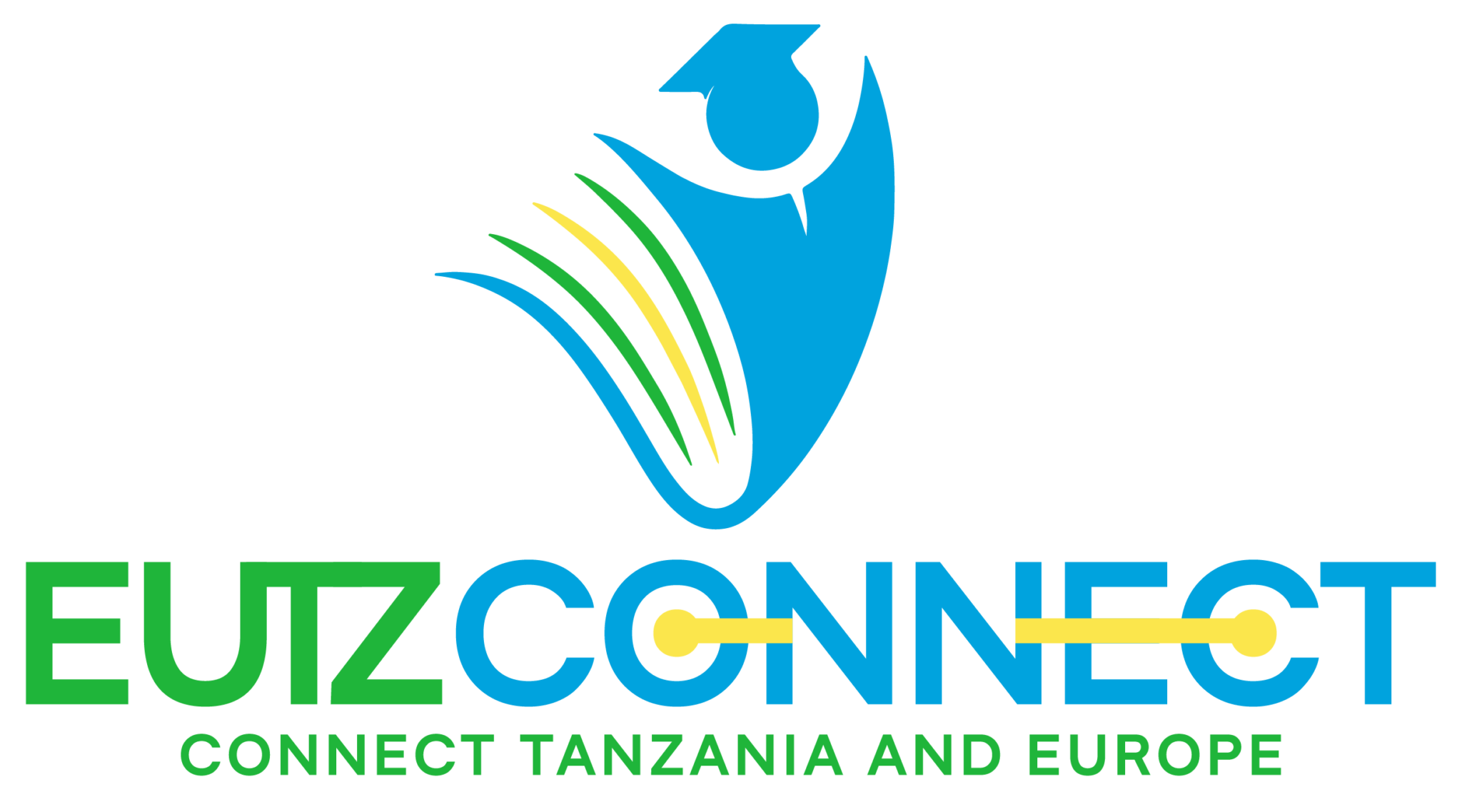Introduction
Studying in Europe offers an incredible opportunity for Tanzanian students to gain a world-class education while immersing themselves in a new language and culture. To make the most of this experience, it’s essential to prepare adequately and adapt to the host country’s language and culture. In this article, we will discuss valuable tips for Tanzanian students planning to study in Europe, with a focus on learning the language and embracing the local culture.
1. Research and Choose the Right Destination
When planning to study in Europe, it’s crucial to research various countries and universities to find the best fit for your academic and personal goals. Consider factors such as the quality of education, tuition fees, living costs, available scholarships, and the local culture. Popular study destinations in Europe include the United Kingdom, Germany, France, the Netherlands, and Spain, among others. Each country offers unique experiences and educational opportunities, so choose wisely.
2. Learn the Language
One of the most important aspects of studying in Europe is learning the local language. While many European universities offer courses taught in English, having a basic understanding of the local language will greatly enhance your experience. Start learning the language before you leave Tanzania by taking classes or using online language learning platforms. Additionally, consider joining language exchange programs or finding a language partner to practice conversational skills.
3. Utilize Language Learning Apps and Resources
Take advantage of technology and use language learning apps and resources to supplement your language studies. Applications like Duolingo, Babbel, and Rosetta Stone offer interactive lessons and practice exercises that can help you develop your language skills at your own pace. Additionally, online resources such as language podcasts, YouTube channels, and language forums can provide additional support and practice materials.
4. Immerse Yourself in the Local Culture
To fully embrace the experience of studying in Europe, immerse yourself in the local culture. Engage with locals, participate in cultural events and activities, and join student organizations or clubs that align with your interests. Explore museums, attend concerts, try local cuisine, and make an effort to understand the customs and traditions of your host country. By immersing yourself in the local culture, you’ll not only enhance your language skills but also broaden your horizons and gain a deeper appreciation for your new surroundings.
5. Take Advantage of Language Courses and Language Exchange Programs
Many European universities offer language courses specifically designed for international students. These courses provide an opportunity to improve your language skills in an academic setting while connecting with fellow students from around the world. Additionally, language exchange programs allow you to practice your language skills with native speakers while helping them learn your native language. These programs can be a fun and effective way to improve your language proficiency and build new friendships.
6. Engage in Social Activities
Participating in social activities and making friends with both local and international students can significantly enhance your language learning experience. Join student clubs, attend social events, and explore extracurricular activities offered by your university. Engaging in these activities will not only improve your language skills but also help you build a strong network of friends and acquaintances who can provide support and guidance throughout your time in Europe
Conclusion
Studying in Europe as a Tanzanian student presents an exciting opportunity to expand your horizons, gain a world-class education, and immerse yourself in a new language and culture. By following these tips and embracing the local language and culture, you can make the most of your experience and create memories that will last a lifetime. Remember to research your destination, learn the language, utilize language learning resources, immerse yourself in the local culture, and engage in social activities. Good luck on your European adventure!

